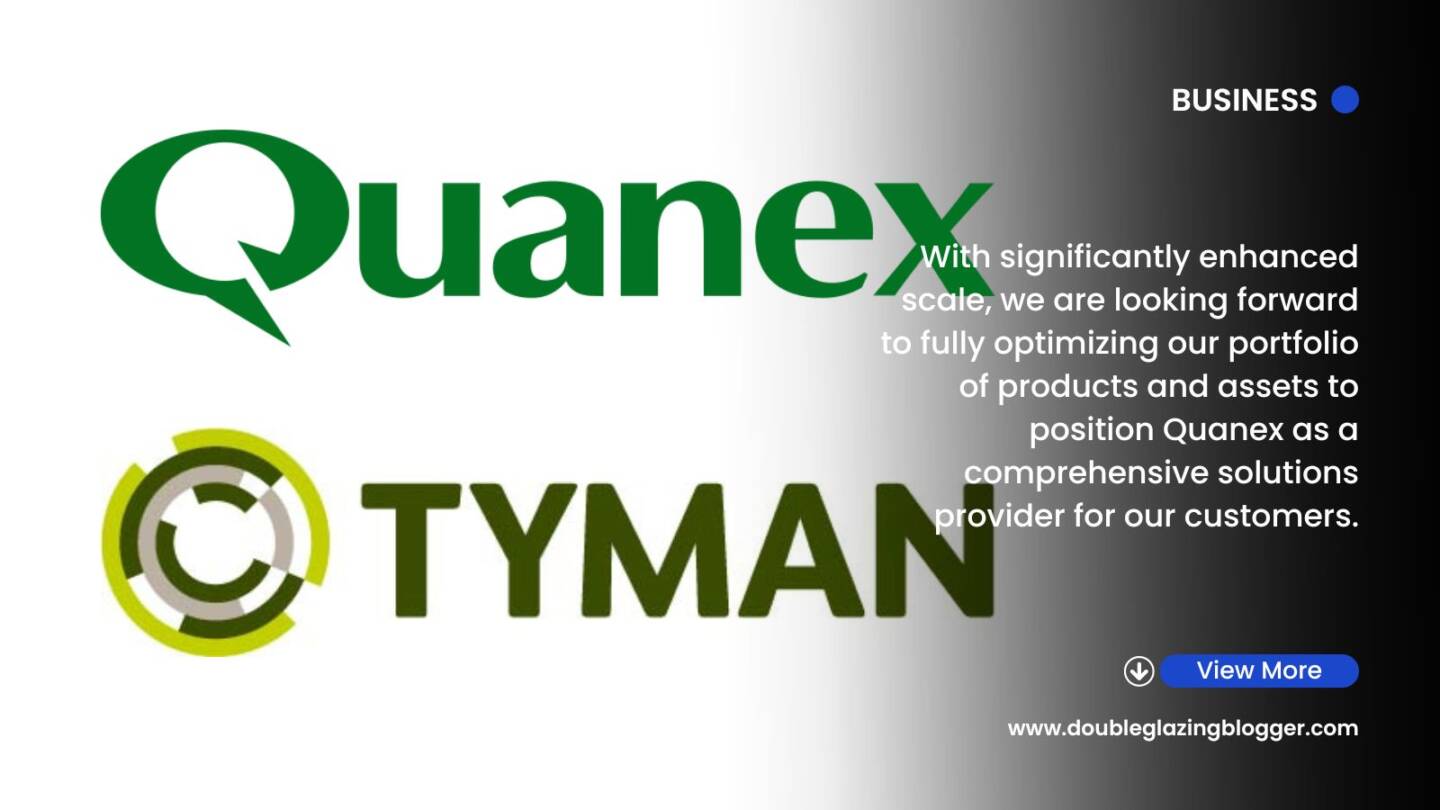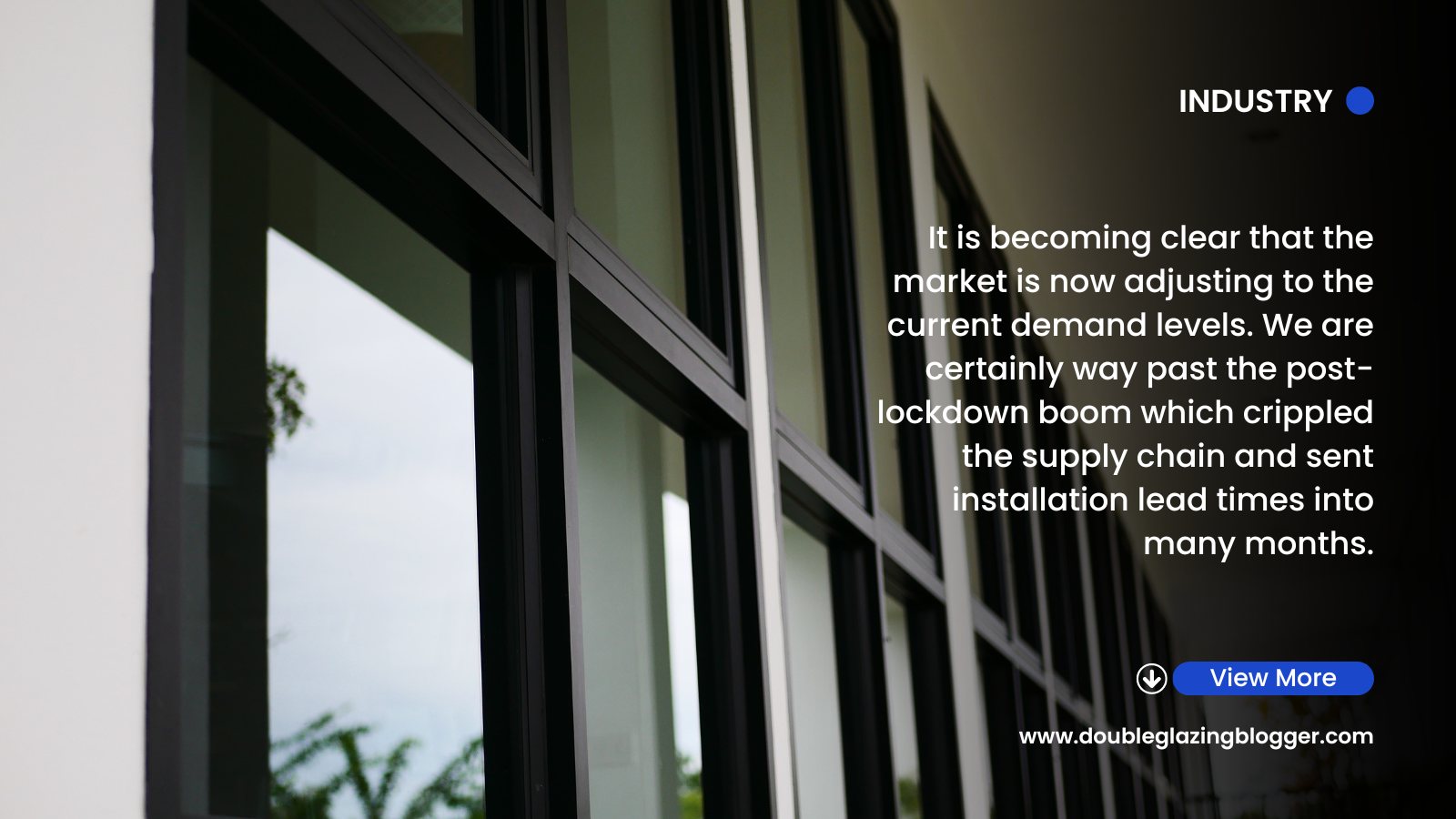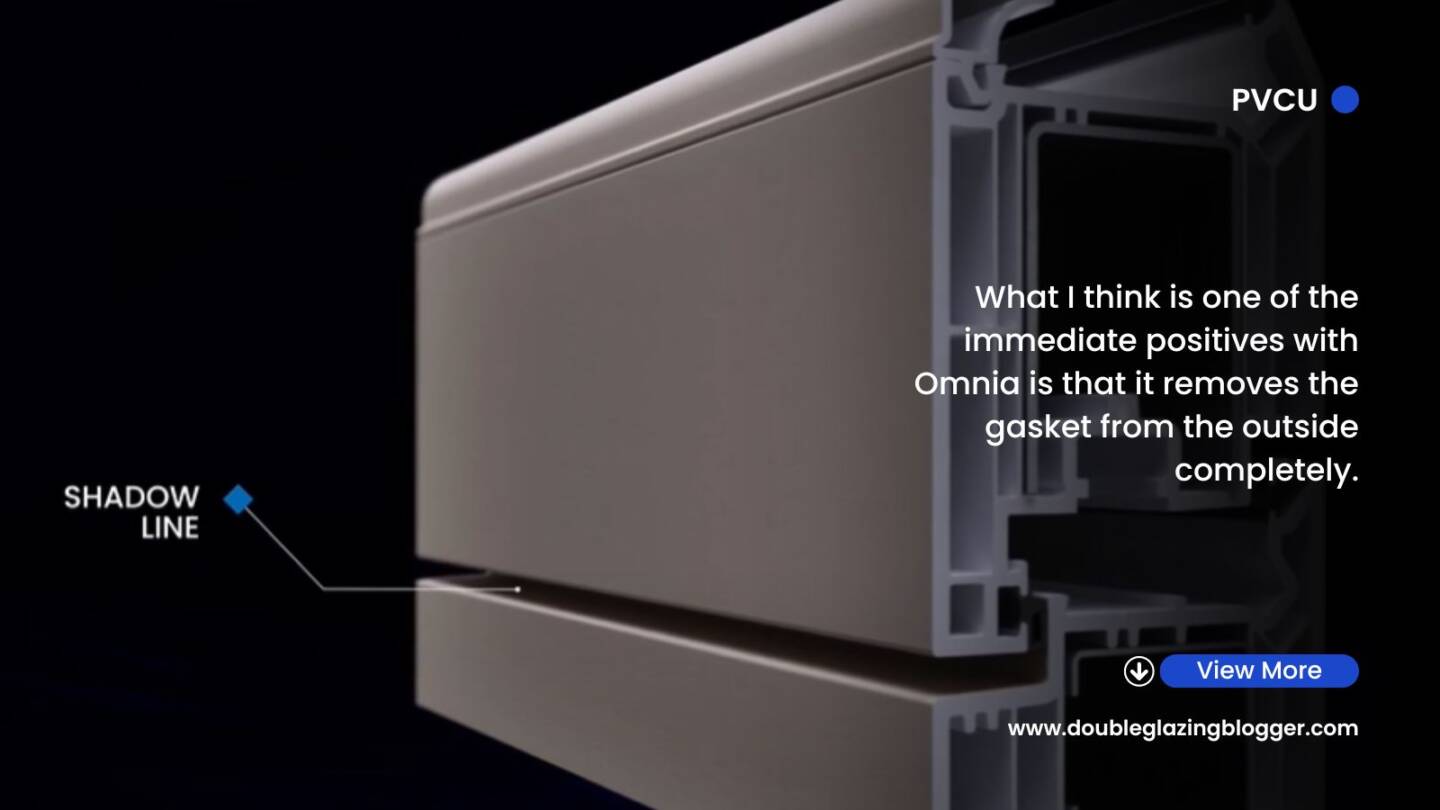The arrival of vacuum insulated glazing, or VIG, has got me to thinking about our industry in a much wider sense. The more I look at vacuum insulated glazing, the more I believe it is something we should be looking at in way more detail and energy.
But it shouldn’t stop at that. In every aspect of our sector, we should be looking at how we can use less raw materials, but also achieve the security, energy efficiency, quality and longevity goals. Our planet demands that of us, and so will the generations that come in after us.
Vacuum insulated glazing is just the start
I am using vacuum insulated glazing as a good example of an industry that is able to use less and gain more. But the concept of “less is more” can be applied across the sector.
Specifically, on vacuum insulated glazing, this new product (which has actually been around for a few years now) is a product that can achieve lower u-values using less material than triple glazing. Up until now, triple glazing has been touted as the way to be able to achieve the new lower u-values that are going to be enforced via the new Building Regulations. Now, vacuum insulated glazing, which can form part of a standard 24mm or 28mm double glazed unit, or can sit alone within heritage applications, can do all that without having to use significantly more material.
Whilst it isn’t the cheapest technology on the market, its impact on the environment is certainly better than triple glazing and therefore something our industry should be looking at further. There has been a lot of money and marketing put behind triple glazing over the past ten years, for it to dribble along without really gaining traction. If we were prepared to back something like triple glazing with relatively little success, then surely VIG also deserves to have the same amount of attention.
Glass technology like this would actually allow for slimmer profiles to be created. Slimmer profiles mean less material used which means fewer carbon emissions which has to be better for the planet. This is the principle behind less is more. Less of something be made and used that allows us to achieve our aims and goals. That principle can be applied across all other areas of our industry.
Less is more across the board
You can apply “less is more” to all other areas of the sector. For example, using fewer virgin materials in the production of PVCu profiles and glass in favour of more recycled materials. More IGU manufacturers could invest in glass crushers at their facilities and ensure that post-consumer glass works its way back into the manufacturing cycle.
Then there is the wastage at fabricators. Where does that go? Does it get collected and recycled? If so, great. If not, why not? All waste needs to be collected and fed back into the manufacturing system. Less waste means reduced virgin material requirements.
We can get really minute if we want to. For example, the protective tape that comes on profile. Is that made from recycled material? If not, could it be? What about packers? Screws? Old silicone tubes? As an industry, we have a moral responsibility to look at every aspect of what we do and look at ways of reducing what we use, recycling more and using less to achieve more.
Whilst this is easy to say, doing it is much harder. There are areas that can readily be addressed now, such as the increase of glass and profile recycling. The machinery and tech to make that happen already exists. We just need to get off our asses and get on with it. There are other areas that are not so simple. For example the recycling of old silicone tubes and other contaminated materials. That doesn’t mean it’s not worth the effort. It has to be done.
In the years ahead all businesses and sectors of the economy will be judged by society on what they are doing to help become better for the climate. The generations that follow us will expect us to be doing all we can to ensure the impact of our industry has as little an impact on the climate as possible. This really is the new normal, and it’s imperative that we embrace it.
#LessIsMore
To get weekly updates from DGB sent to your inbox, enter your email address in the space below to subscribe:
By subscribing you agree to DGB sending you weekly email updates with all published content on this website, as well as any major updates to the services being run on DGB. Your data is never passed on to third parties or used by external advertising companies. Your data is protected and stored on secure servers run by Fivenines UK Ltd.





